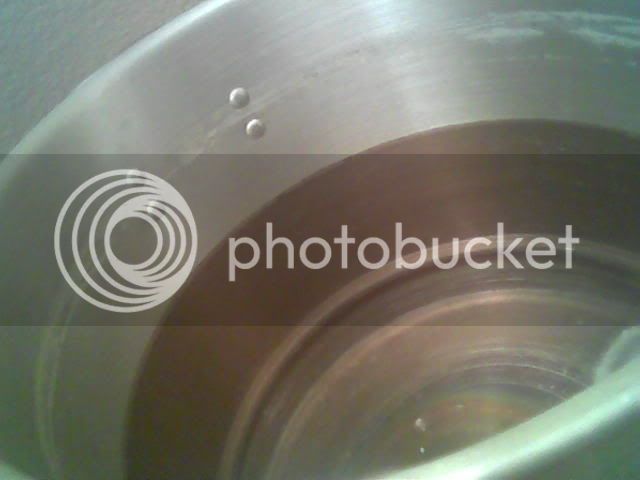cheezydemon
Well-Known Member
With all of the aluminum foil used in cooking, and all of the aluminum cans used to hold beverages including beer, I am amazed that this is even an issue.
With the amount of aluminum used in packaging and everything else, the only thing that makes sense to me, is that altzheimers victims' bodies can't filter the aluminum out of food and dispose of it like the rest of us can.
So yes, if you have altzheimers, for God's sake don't brew in it. Also don't eat candy bars or frozen dinners, or anything else packaged in aluminum.
With the amount of aluminum used in packaging and everything else, the only thing that makes sense to me, is that altzheimers victims' bodies can't filter the aluminum out of food and dispose of it like the rest of us can.
So yes, if you have altzheimers, for God's sake don't brew in it. Also don't eat candy bars or frozen dinners, or anything else packaged in aluminum.


























































